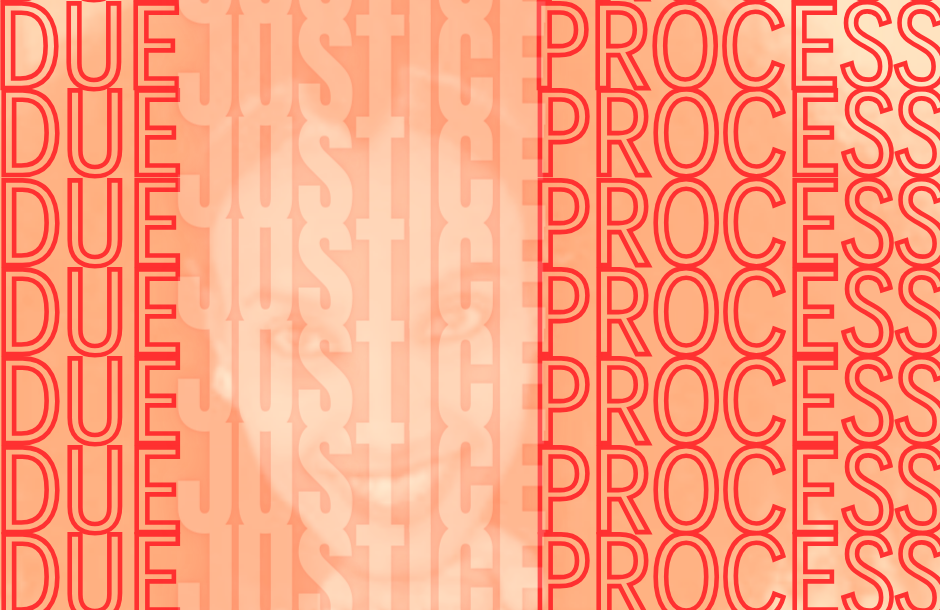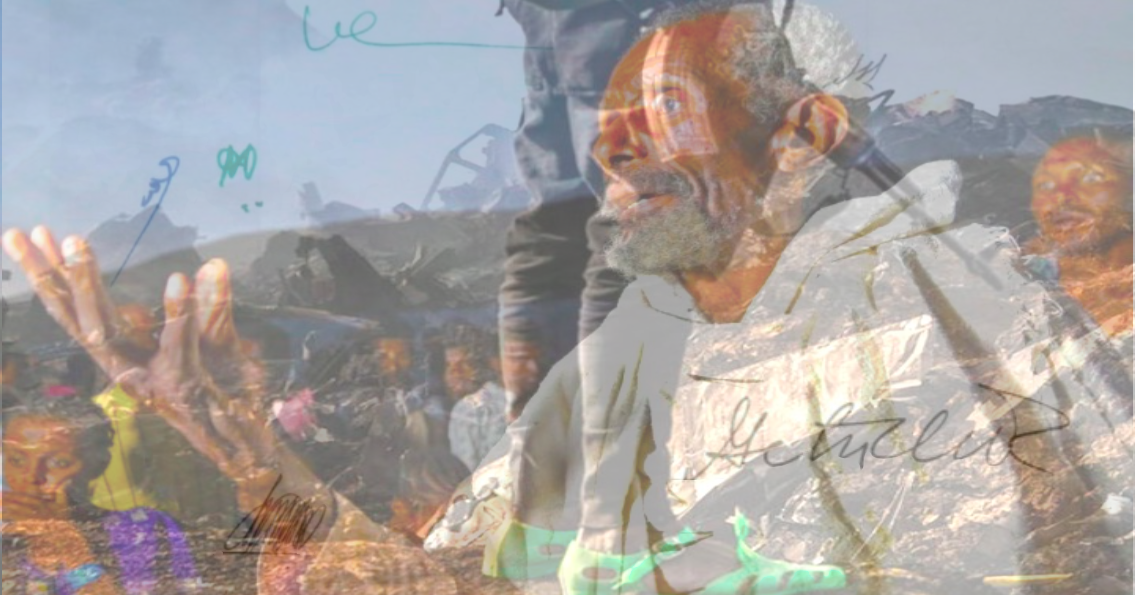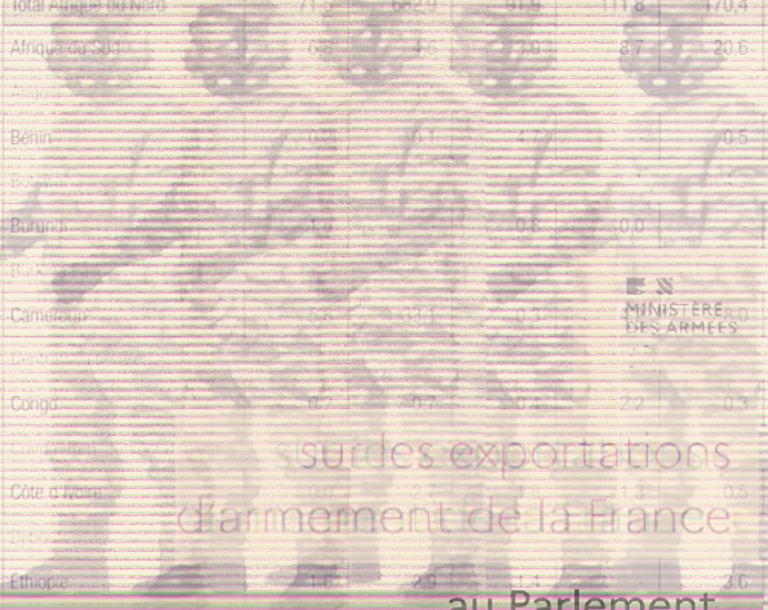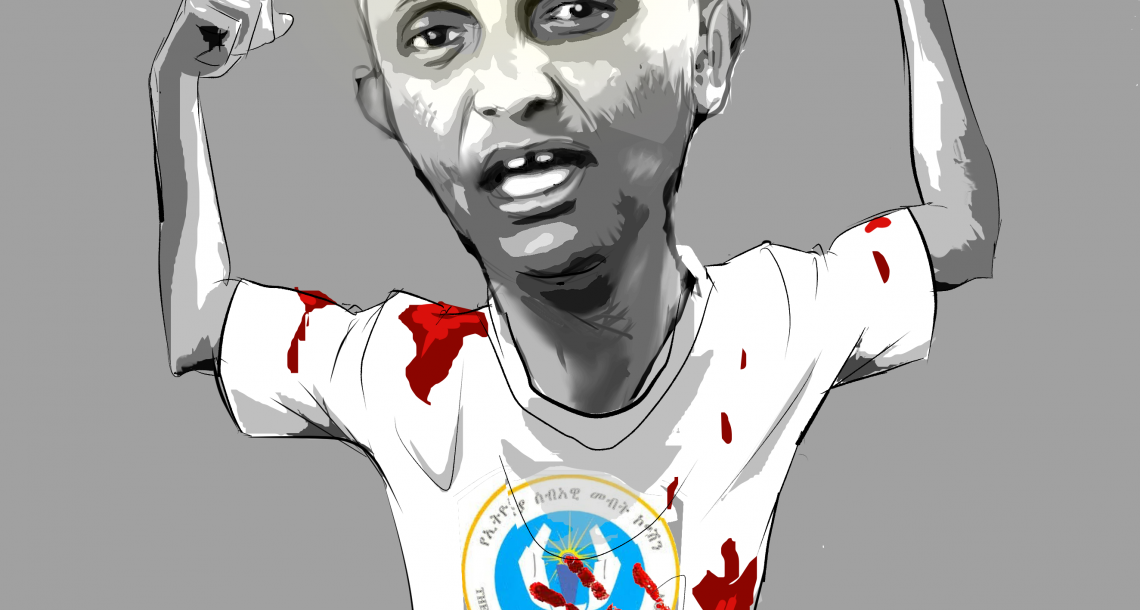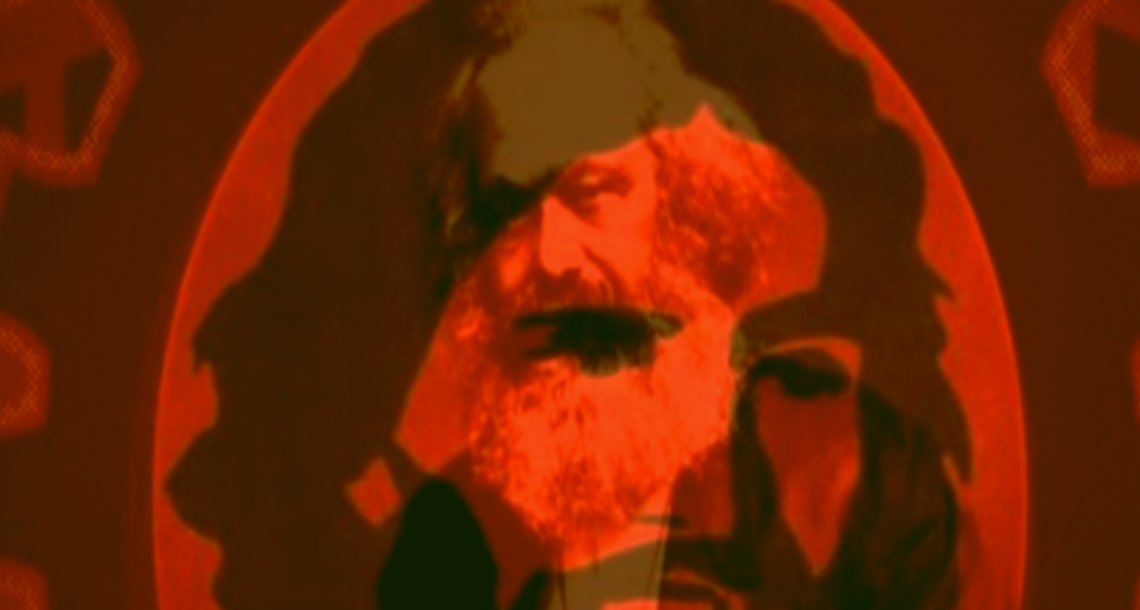The components of the Pretoria administration, commonly known as the Tigray Interim Regional Authority, were gathered together by Tadesse Werede, one of its two Vice President Generals. The gathering discussed the initial findings of an ongoing investigation by the security ‘cluster’ (which he oversees) into the salt, fuel, metals, and aid industries. All attendees agreed that the results draw an accurate if conservative sketch of what has become the defining feature of Tigray’s economic activity; illicit transaction.
Zewdu Haftu and Semhal Gebrezgher began their friendship as teenagers at Bahirdar University. Their friendship continued as they moved back to their hometowns to serve the communities that raised them, now as professionals. Zewdu returned to Mekelle and started working as an accountant while Semhal would go on to work as a public prosecutor in the rural areas of Tigray. …
Harry Verhoeven is Senior Research Scholar at the School of International and Public Affairs, Columbia University and the convener of the Oxford University China-Africa Network. His books include “Why Comrades Go to War”, “Civilization and Power in Sudan”, and “Beyond Liberal Order: States, Societies and Markets in the Global Indian Ocean”. He is Senior Advisor to the European Institute of …
The theatre surrounding the formation of an Interim Regional Administration concluded with what was billed as an ‘upset’; the three highest profile members of Tigray’s negotiating team assumed the top three positions of the Interim Regional Administration they signed into existence. The ‘upset’ was ostensibly caused by Secretary Blinken vetoing Abiy Ahmed’s selection of Tsadkan Gebretensae to install Getachew Reda …
On the second of November two years after the outbreak of war, the parties to Ethiopia’s genocidal conflict surprised their constituencies, and the global community, by signing a “Permanent” Cessation of Hostilities and delivering victor’s terms for the Prosperity regime. The complete capitulation of Tigrayan resistance came as a shock to observers; the dominant thinking assumed TPLF/TDF would fall back to the mountains should …
Paris’ latest endeavor to support a genocidal regime isn’t in a francophone country. It’s in Ethiopia, now officially viewed within French foreign policy circles as a launch pad for renewed efforts to expand France’s influence in Anglophone Africa.
Last week a characteristically cocky if not inarticulate Abiy Ahmed said ‘there is no hunger in Tigray there is a problem in Tigray and the government can take care of it’ in response to a question posed by a BBC reporter. The interaction which lasted for less than two minutes was the only opportunity reporters have had to directly interrogate …
Since the outbreak of the genocidal war on Tigray at least two pieces have been published bymajor international newspapers that bolster the public image of Daniel Bekele, Commissioner of the Ethiopian Human Rights Commission (EHRC). The puff pieces are designed to counter persistent accusations that Daniel has instrumentalized his ‘reputation’ as a ‘human rights activist’ to sanitize Abiy Ahmed and …
An op-ed recently penned by Prime Minister Abiy Ahmed closes with: “only an Ethiopia at peace, with a government bound by humane norms of conduct, can play a constructive role across the region and beyond.” He goes on to present a misleading account of the genesis of the regional war on Tigray, pointing towards the TPLF ordered attack on the northern command: “No government can tolerate its soldiers and innocent civilians being ambushed and killed in their dozens, as happened at the hands of TPLF last autumn.”
Gimgema asked a Christian theological scholar if class differences exist in heaven and if that has implications for how those who follow the teachings of Christ organize society on earth. His response:


